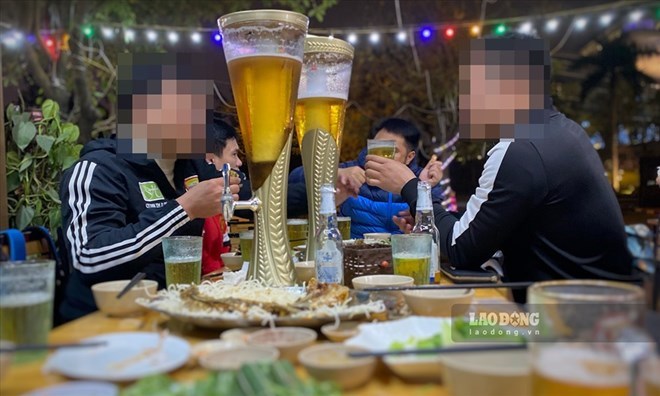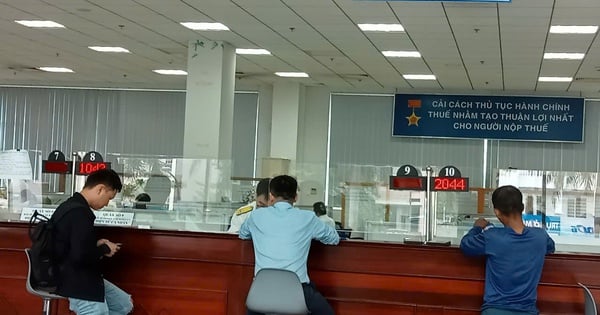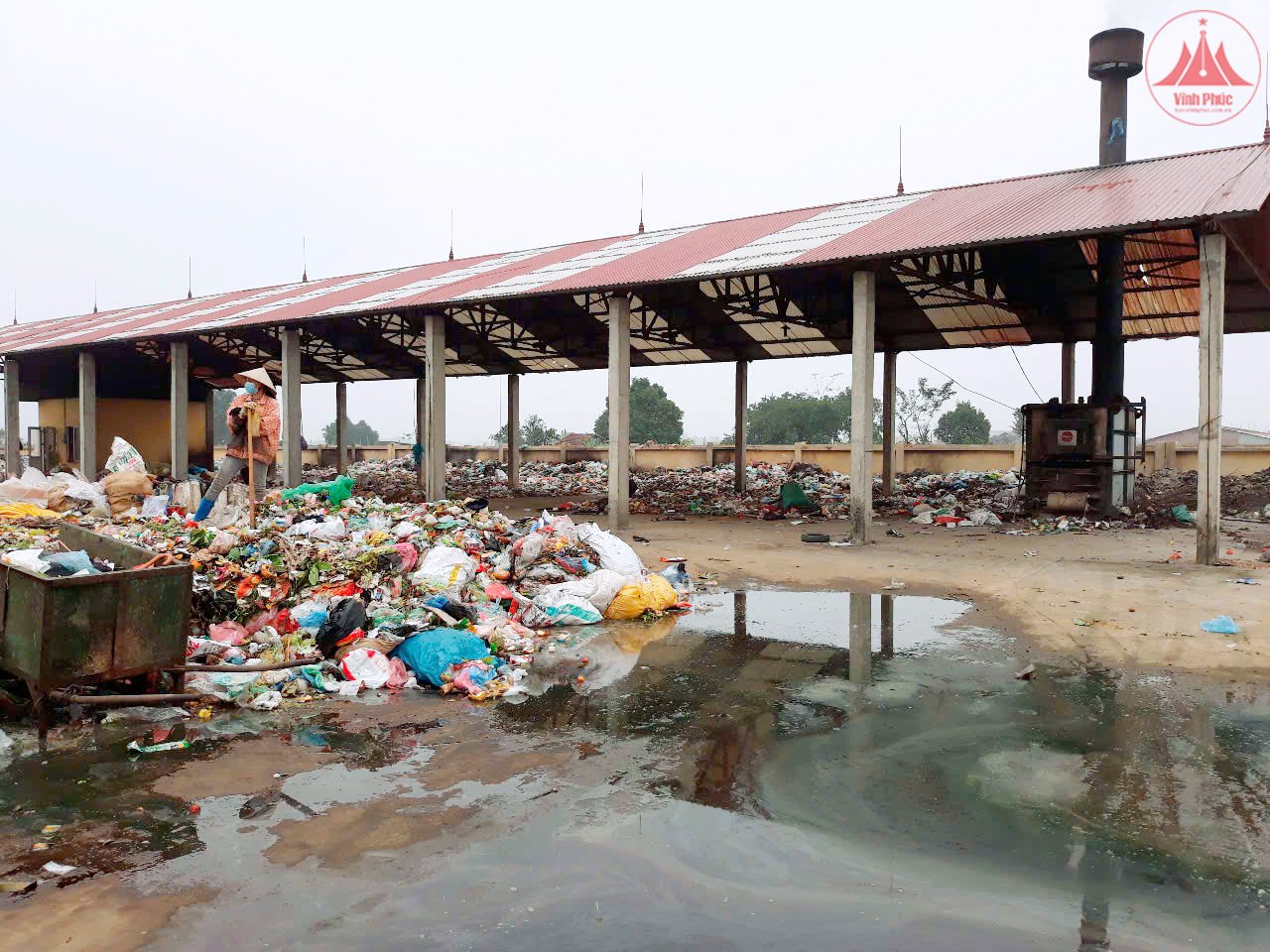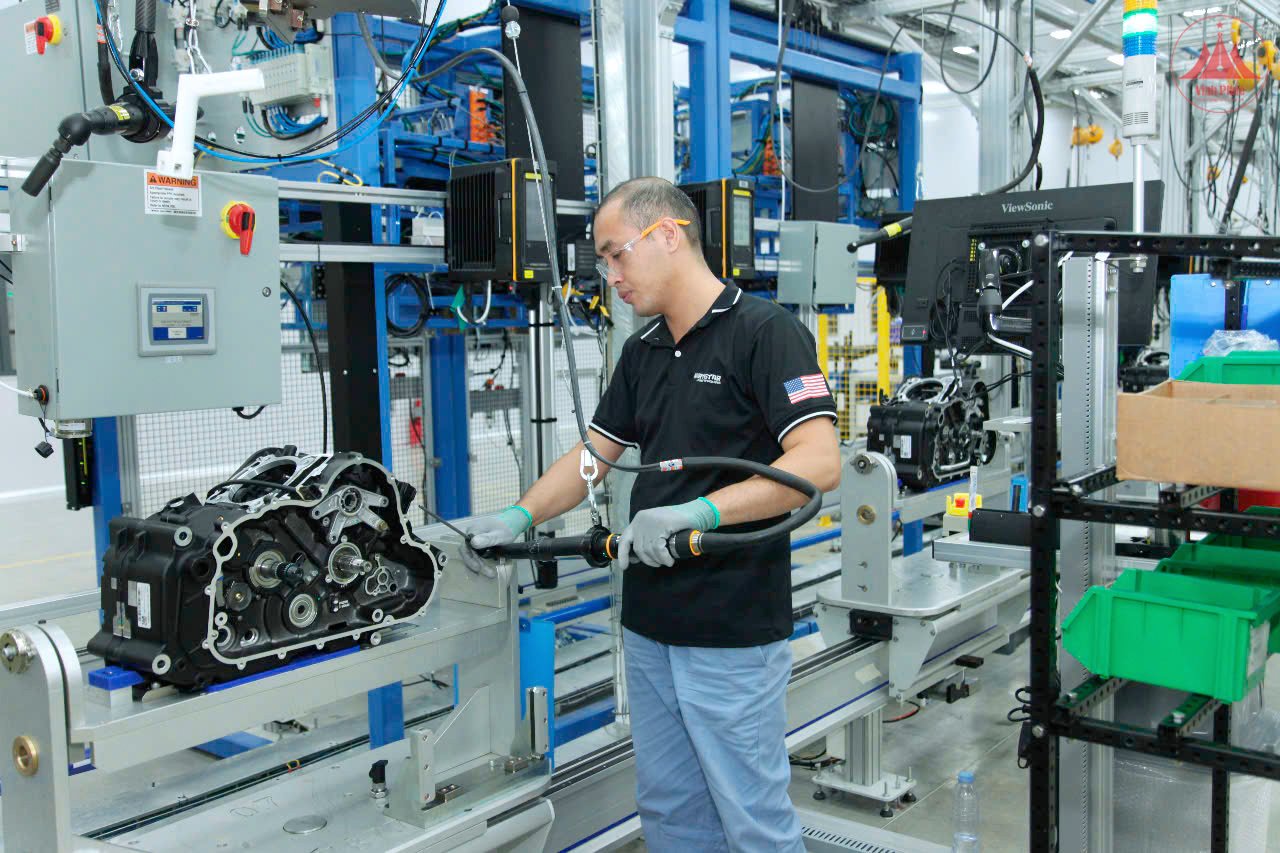
The inevitable cannot be delayed.
The draft Law on Special Consumption Tax (amended) is being widely consulted by the Ministry of Finance and will be discussed by the National Assembly at the 8th Session (October 2024) and approved at the 9th Session (May 2025). There are currently many notable new points that have a great impact on the beverage industry in general and alcoholic beverages in particular.
At the seminar "Ensuring sustainable benefits when amending the Law on Special Consumption Tax on Alcoholic Beverages", Prof. Dr. Hoang Van Cuong - Member of the National Assembly's Finance and Budget Committee - emphasized that this tax must be issued, which cannot be delayed. When presenting it to the National Assembly, there must be sufficient basis and convincing grounds for the policy to be approved. Therefore, it is necessary to define the markets as well as the impacts on those market segments as a method or roadmap.
According to observations on taxes in many countries, Ms. Dinh Thi Quynh Van - Chairman of PwC Vietnam - said that the effects of beer and wine on health are different and should not be lumped together. Because wine has a higher alcohol concentration, while beer has an alcohol concentration of only about 5%, some types have more than ten degrees. Moreover, consumer behavior towards beer and wine is also very different.
"Most countries in the world tax beverages based on alcohol concentration when they clearly recognize the harmful effects on health. That is, the higher the alcohol concentration of beer and wine, the higher the tax. However, in reality, beer products with low alcohol content and less harmful to health are expensive, so sometimes they have to pay more tax than products with higher alcohol content.
Currently, the Law on Prevention and Control of Harmful Effects of Alcohol and Beer has regulated beer products according to different alcohol concentration levels (under 5.5 degrees, from 5.5 to under 15 degrees and over 15 degrees). When considering alcohol concentration as a harmful factor and tax policy as one of the effective tools to regulate consumer behavior, directing the use of high-quality products with low alcohol content to avoid harmful effects on health, many opinions propose to impose a relative tax based on alcohol concentration on beer products, instead of a flat rate as before (65%)" - Ms. Van proposed.
Dr. Nguyen Quoc Viet - Deputy Director of the Vietnam Institute of Economics and Policy (VEPR) - affirmed that for a tax policy in general and special consumption tax in particular to come into life and achieve the expected effects and goals, the unity and harmony of the parties involved, especially including consumers and manufacturers, is extremely important. Because otherwise, there may be transfer pricing or changes in input prices to evade taxes and not affect consumer behavior.
Need to evaluate the impact with specific numbers and convincing evidence
According to Prof. Dr. Hoang Van Cuong, the use of special consumption tax on alcoholic products is aimed at changing behavior. And changing behavior simply due to the impact of price on tax does not change much because it is an inelastic product. Therefore, in parallel, there needs to be communication and propaganda. How to make every change in this tax impact the media, awareness, and consumers.
He stated: "It is necessary to ensure the harmony of interests for consumers to have better consumption behavior, for the behavior of manufacturers to better quality, more stringent, safer. Tax tools will help manufacturers choose that change. Special consumption tax is not the main goal of increasing budget revenue, but changing tax policy cannot reduce budget revenue. Things that need to be assessed for impact with specific numbers and convincing evidence will be easier for the National Assembly to pass."
Source: https://laodong.vn/kinh-doanh/de-xuat-ap-thue-tieu-thu-dac-biet-theo-nong-do-con-1375155.ldo

































![[Photo] "Beauties" participate in the parade rehearsal at Bien Hoa airport](https://vstatic.vietnam.vn/vietnam/resource/IMAGE/2025/4/11/155502af3384431e918de0e2e585d13a)





























































Comment (0)